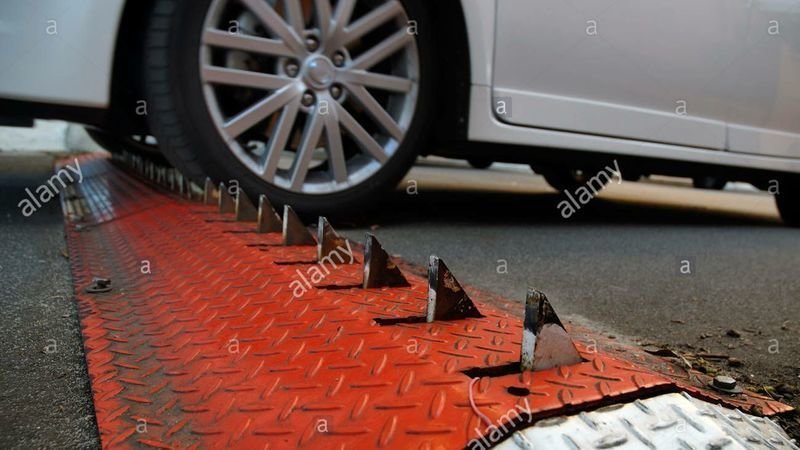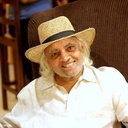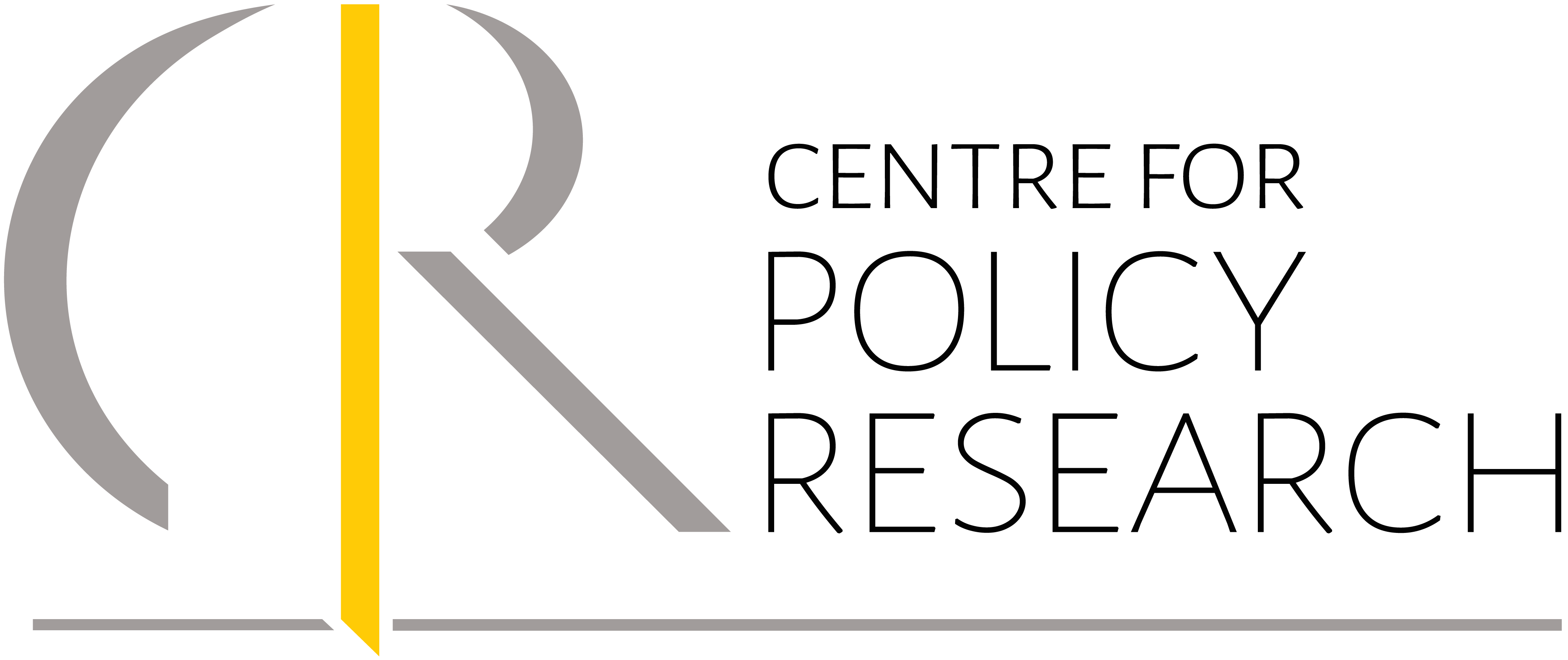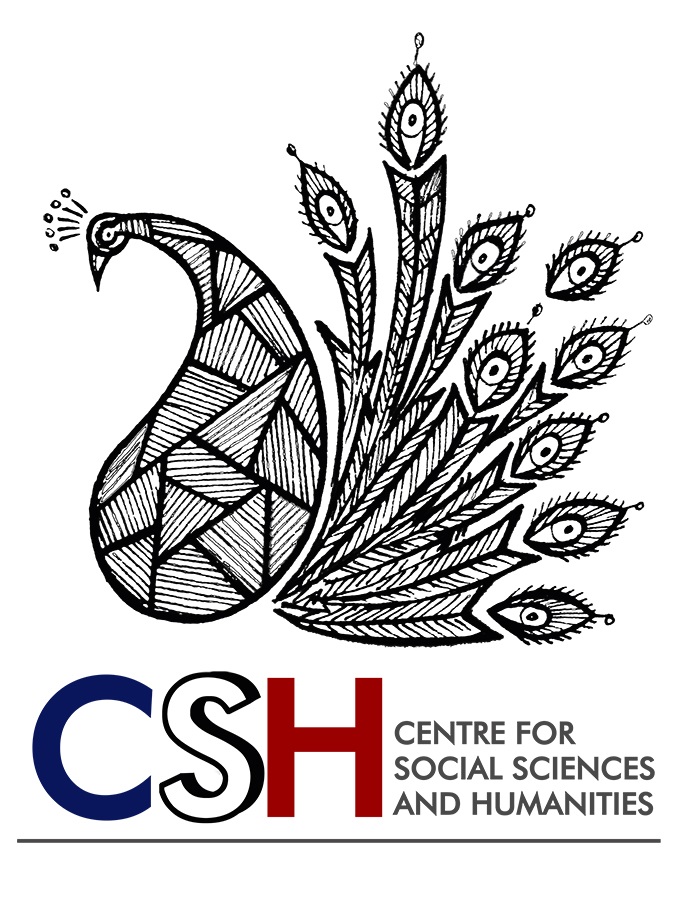Dear Sagar Media Inc, “There was a fatal accident
|
PSU Banks Losing Rs.18,000 Cr A Month – Unviable Projects
May24, 2018 (C) Ravinder Singh progressindia2015@gmail.com
All it required to make India $2T Economy in 2014, a $5T Economy today or $15T Economy by 2030 was ‘a Chief Technical Officer’ to provide R&D Led Economy and Innovative Projects.
All it requires was ‘Dismantle Middlemen in Economy’ to release‘Productive Energy of 1300m Indians.’
PSU Banks 14% NPAs & Rs.18,000 Cr Losses/Month
Governments had taken over 40% of money with banks at very low rate of Interest mostly for Unviable Projects, Railways, Power and Road Highways, Private Sector BUNGLED Housing, Services, Retails, Low Interest Personal Loans all contributed to NPAs and Bank Losses. When we require 10 Banks and 5 Saloons in a Colony in South Delhi – there are 50 Banks and about 30 Saloons mostly coming up in 3-4 years.
Farmer’s income shall double when Foods They Produce is Semi-Processed or Fully Processed at their Farms itself. All it requires is a 10T/Day Rice Processing Unit, or a Flour Mill of Similar Capacity, or a 2T Per day Dal Mill.
All Food-Grains is Processed and Packaged within village and directly dispatched to retailers, PDS. Similarly all the Milk Fruits & Vegetables shall be Semi Processed at Village itself and Delivered within hours of Harvesting.
Bread & Biscuits, Confectionery, Jams & Pickles, Juices & Ice Creams, Cheese & Chocolates, Rasgula or Dokla, Biryani & Butter Chicken can all be made in Villages – ready to eat all over India. Beer & Wines could be locally produced and consumed within 50 kilometers than Hard Drinks which requires distillation.
Instead of Transporting 10 Tones of Concentrated Pineapple Juice – we Transport 50 Tones of Pineapple Fruit over 3000 km – good percent is wasted.
Industry and Innovation was totally neglected. There is no growth of Credit to Industry means dependence on IMPORTS and Rising UNEMPLOYMENT.
India neglected Multi-Purpose Hydro Power Development,Clean Energy, Water-Energy Storages, Flood Protection, Irrigation, Recreation, Fishing – 200,000 MW Potential in Himalayas alone.
India can save 300 BU of Electricity at Consumer End mainly Electric Gadgets and LT Transmission. 250m Households could have 1 KW of Off Grid SolarPV at half the cost invested on Power Plants, Transmission Lines & Transformer Capacity at 440V LT to 800 KV HVDC Levels.
Instead of Rs.500 Cr Per Km METRO LINES could Running AC EMUs at Say Rs.5 Cr Per Km in and around Urban areas.
India continues to serve Passengers and Goods Traffic on Highways and Railways. Around 80 People Die in Railway Accidents and 400 die in Road Accidents every day.
Ravinder Singh, Inventor & Consultant, INNOVATIVE TECHNOLOGIES AND PROJECTS
Y-77, Hauz Khas, ND -110016, India. Ph: 091- 8826415770, 9871056471, 9650421857
Ravinder Singh* is a WIPO awarded inventor specializing in Power, Transportation,
Smart Cities, Water, Energy Saving, Agriculture, Manufacturing, Technologies and Projects
Former FM of Malta Sir john Dalli said QuickX is the next big thing.
Former FM Malta, Sir John Dalli, said, Indian born directors of QuickX startup in Malta will be one step ahead in making this world better place :QuickX is the next big thing.

After a ground-breaking performance in Dubai Blockchain Summit 2018, India born blockchain startup, QuickX, joined hands with the Former Finance Minister of Malta (The Blockchain island) to promote the technology internationally.
The Blockchain startup welcomed Sir John Dalli, Former Finance Minister of Malta on the advisory board of the company in a press conference organized at Constitution Club of India, New Delhi, today.
Talking about the technology,Kshitij Adhlakha, Founder and COO of QuickX Protocol, said, “We started working on blockchain in 2016 and saw that the promising world of blockchain has a few fatal flaws. We figured out that limitations such as Transaction speed, Cost, Scalability and Cross blockchain transfers are hindering its mass adoption. So we came up with the idea of QuickX”.
Further, he said,“It is a novel protocol designed specifically to cure the many fatal flaws that plague blockchain, today. It performs transactions off the chain for same Blockchain assets and utilizes pooling facilitators who supply liquidity for cross chain transfers. Through this, it accelerates the transaction speed greatly, dissolves the interoperability problem between different blockchains, relieves the transaction fees and also solves the issue of scalability.All this happens instantly and with next to zero fees”.
“With QuickX, it is now possible to use digital tokens in real life, swiftly, at anytime, from anywhere”, he added.
QuickX is said to solve the major speed breaker hindering the mass adoption of blockchain assets. It claims to allow thousands of transactions a second by building a decentralized platform which improves the cost, scalability and speed of the blockchain as well as performing interblockchain transactions with an almost negligible fee.
While Addressing the Press Conference, Vaibhav Adhlakha, Founder and CEO, QuickX Protocol, said, “We are extremely delighted to have the Former Finance Minister of Malta, Sir. John Dalli with us, today. At QuickX we strive to add utility to the existing blockchain technology and believe that the beautiful country of Malta shares this vision with us”.
According to the Information, Malta is known as an island of the blockchain. The country is trying toaddress the ability to re-conceive how businesses can be operated through smart contracts, the use, and development of advanced platforms and protocols, the new dimension of economic enterprises which support cryptographic technologies. It is determined to achieve its goal by trying its hand to put public transport service, financial services etc. on blockchain.
The country is joining hands with the best technologies available all across the globe- to bring back the countries best cream to realize the goal. Malta is developing a regulatory environment that has been created so as to attract these tech firms, building the proven environment which was set up by Sir John Dalli in 1994 (He introduced VAT in Malta).
Speaking on the occasion, Former Finance Minister of Malta, Sir John Dalli, said, “I wanted to come to India for a long time and savour the vast culture that makes up this great country. I am glad to be here today and to experience some very prominent culture achievements of the past and the innovative technologies of the future that will change the world”.
“Blockchain is a technology that transcends the technical issues. Its core rational is the delivery of information directly between the people involved bypassing any centralized data capturing and storing servers that are controlled by governments and big businesses. The outcome is restoration of users”.
“Every single person in today’s world is spied upon, monitored and controlled. All our movements, all our transactions, all our utterances are registered and logged. A well-structured, functional and protected blockchain environment should put a stop to this. I said “protected”, because it has happened with government regulations, banking systems, etc., there will be those who will seek ways to abuse it. There must be some mechanisms to minimise this possibility of abuse, he added.
“If we come together with more such technologies like the India- born QuickX protocol we will be one step ahead in making this world a better place. QuickX is the next big thing. I am glad to join their Advisory Board and to be a part of this breakthrough technology in the blockchain space. I will take this opportunity to promote and support this technology in Malta and at international level”, he added.
The Company is looking forward to see the shape-shift and value addition the technology is yet to provide. It is said that QuickX Protocol will empower each and everyone to buy a brick to a castle, with its innovative technology, and revolutionize the world of transactions by using blockchain assets.
HD Kumaraswamy, JDS to be sworn-in CM
JD(S) leader HD Kumaraswamy will sworn-in as Chief Minister of Karnataka today. Governor Vajubhai Vala will administer him oath of office and secrecy at 4:30 PM at the grand steps of Vidhana Soudha, the state secretariat. Congress leader G Parameshwar will be sworn-in as Deputy Chief Minister. Congress MLA Ramesh Kumar will be the Speaker. This was decided at a meeting of senior leaders of Congress and JD(S) yesterday. The cabinet will comprise of 22 ministers from Congress including Deputy CM and 12 from JD(S) including the CM.
A host of leaders including Congress President Rahul Gandhi, UPA Chairperson Sonia Gandhi, Chief Ministers of non-BJP states and heads of regional parties are likely to attend the swearing-in ceremony. They include Mamata Banerjee, Arvind Kejriwal, N Chandrababu Naidu, Akhilesh Yadav and Mayawati.
The BJP will observe the day as Janamata Virodhi Diwas and stage protests across the state today. Party’s state General Secretary CT Ravi said BJP workers will tie black band and hold protests.
Workshop on Waste collection and recycling in Hanoi:
|
| CPR and CSH are pleased to invite you to a workshop on Waste collection and recycling in Hanoi: From “dồng nát” to “craft villages” Marie-Lan Nguyen Leroy, Researcher, Paris Region Expertise Thai Hoa Nguyen, Senior Researcher, Institute of Social Systems, Ritsumeikan University, Japan Nguyen Thai Huyen, Lecturer, Hanoi Architectural University, Vietnam |
| Tuesday, 29 May 2018, 3:45 p.m. |
| Conference Hall, Centre for Policy Research |
 |
| Image Source |
Since 1986, with the shift from communism to market socialism, Vietnam has undergone massive economic, social, and spatial changes. These changes can be witnessed in its major cities as new economic opportunities drive urban migration. With the process of metropolisation and the growth in population in Hanoi, the volume of waste is increasing rapidly. Waste collecting (buying/picking) and selling scrap recyclable material, have become important informal businesses among peri-urban villagers.
Recycled waste collection is an ancient activity done by « đồng nát » (junk buyers). Most of them are circular migrants who go door to door to buy recycled waste from households. Even posh wards are surrounded by “bãi”, precarious and temporary waste depots, where more than 10,000 đồng nát go and sell their recyclable material. They collect around 20% of the total recycled waste of the capital through a large network of waste collectors, organisedthrough an old migratory chain, originating from the coastal Province of Nam Dinh. They resell the waste to junk-buyers settled in 800 waste depots spread all over the city, whose rental status is uncertain.
This presentation aims to shed light on the different actors in charge ofwaste-management, the way they operate, and highlight the main challenges of the sector. The public service currently provided in the city of Hanoi, by semi-public and private stakeholders, will be analysed in all their components, formal and informal. The objective of this presentation is to also analyse on several scales (urban district, ward, and the catchment area of bãi) the strategies developed by the depot receivers and junk buyers to capture the growing demand for collection and storage of waste throughout the city. We will try to show how they adapt to the urban restructuring of the city, the skyrocketing land prices in the city and how they interfere in the shortcomings of the municipal policy.
The presentation combines several perspectives (longitudinal, spatial, social and political) to offer new perspectives to understand the various aspects of the urban processes in Vietnam: the top-down policy of the state and the municipal authority and the bottom-up one through everyday urban practices of migrants and inhabitants of the burgeoning urban villages. We will demonstrate how the booming informal economy of waste recovery is territorially integratedin the city and relies on several conditions: the flexibility and fluidity of relationships between cities and the country-side (migration, recycling of waste in craft villages and livestock villages, investment of urban remittances to the rural economy), the land vulnerability of waste receivers and junk-buyers and the negotiations between the informal and formal actors and the local authorities. We will try to analyse how the contradictions of the city’s modernization policy contribute to the dynamism of this informal system that interferes in the shortcomings of territorial control.
Marie Lan Nguyen Leroy holds a Ph.D. in Public law on Land law in Vietnam from the University Panthéon-Assas Paris II. She is currently the Project Manager at Paris Region Expertise – Center for urban studies, Hanoi.
Thai Hoa Nguyen is a member of the JEAI RECYCURBS VIET, a joint research team between the French National Research Institute for Sustainable Development and Hanoi Architectural University.
Nguyen Thai Huyen is an architect and holds a Ph.D. in Urban Planning from the University of Bordeaux. She is heading the JEAI RECYCURBS VIET, a joint research team between the French National Research Institute for Sustainable Development and Hanoi Architectural University. She currently holds the position of Lecturer, Education, Deputy Head, Division of Landscape-Architecture responsibility in Hanoi Architectural University, 2011.
This workshop is free and there is no registration required. Find all the available videos of our previous workshops, here.
|
|




Comments
Post a Comment